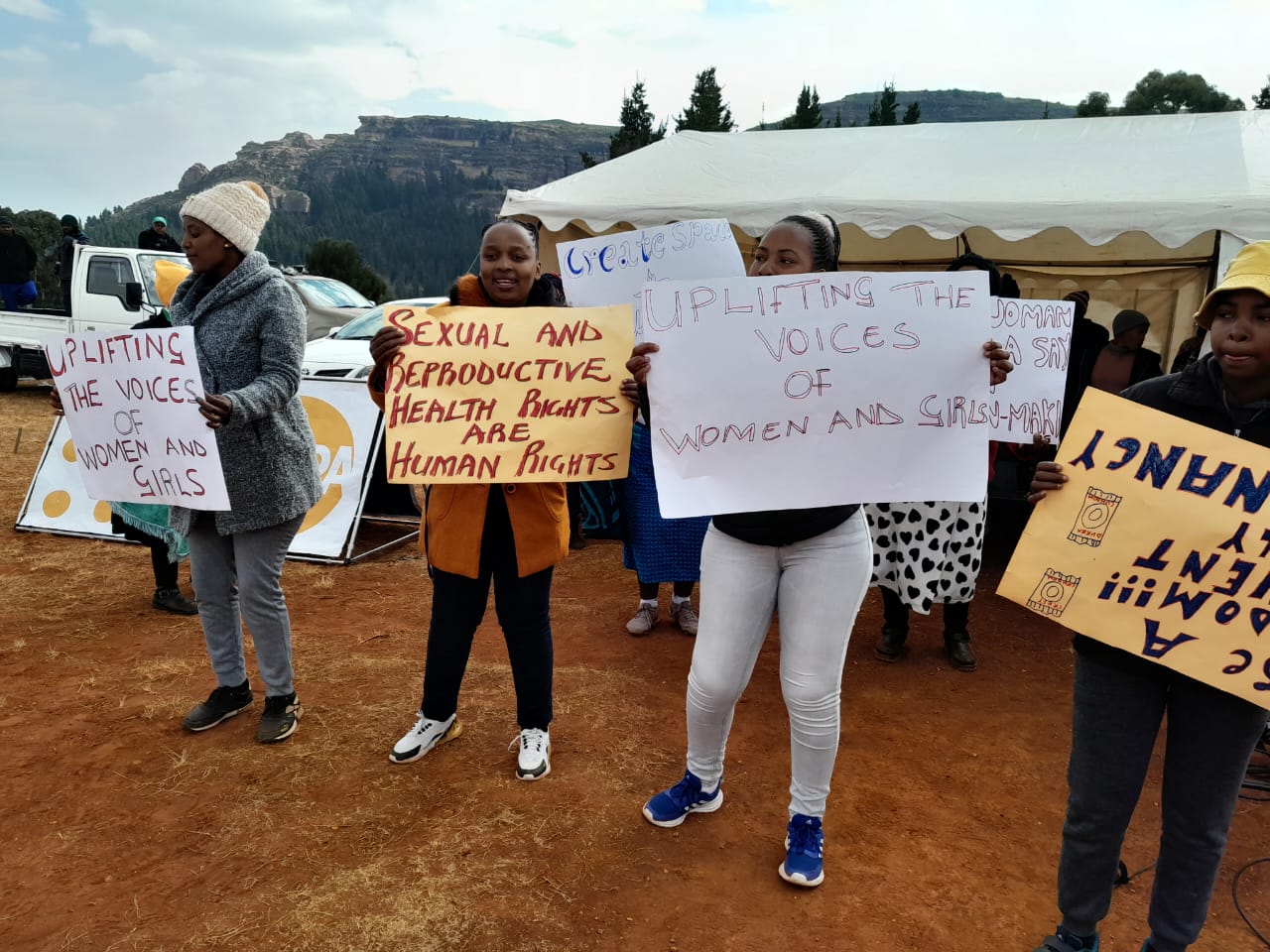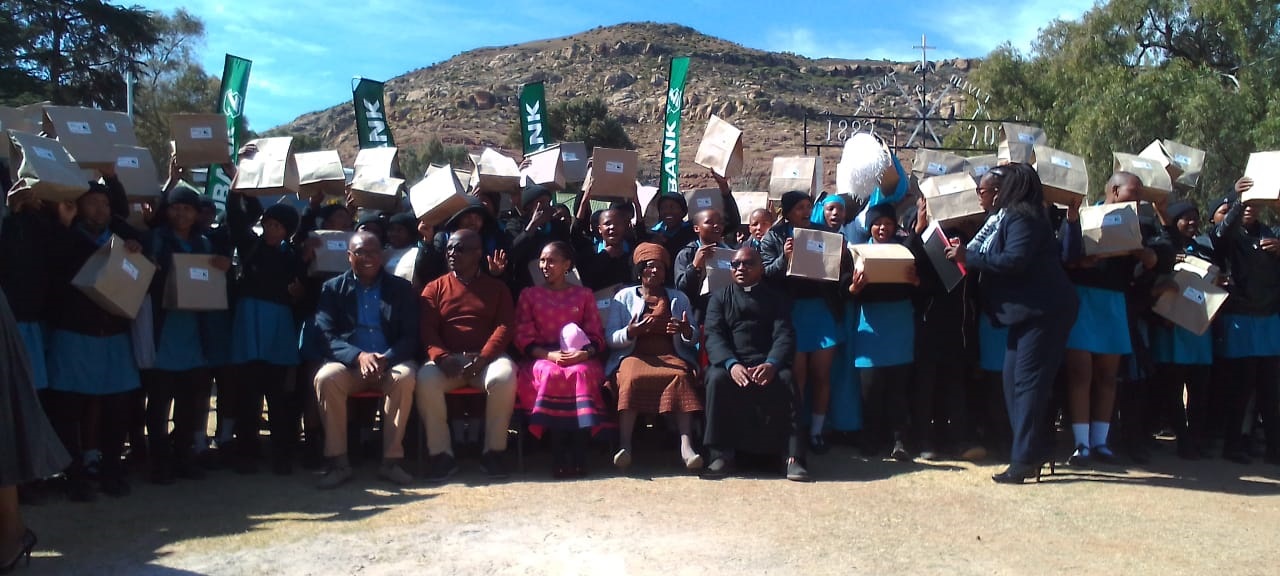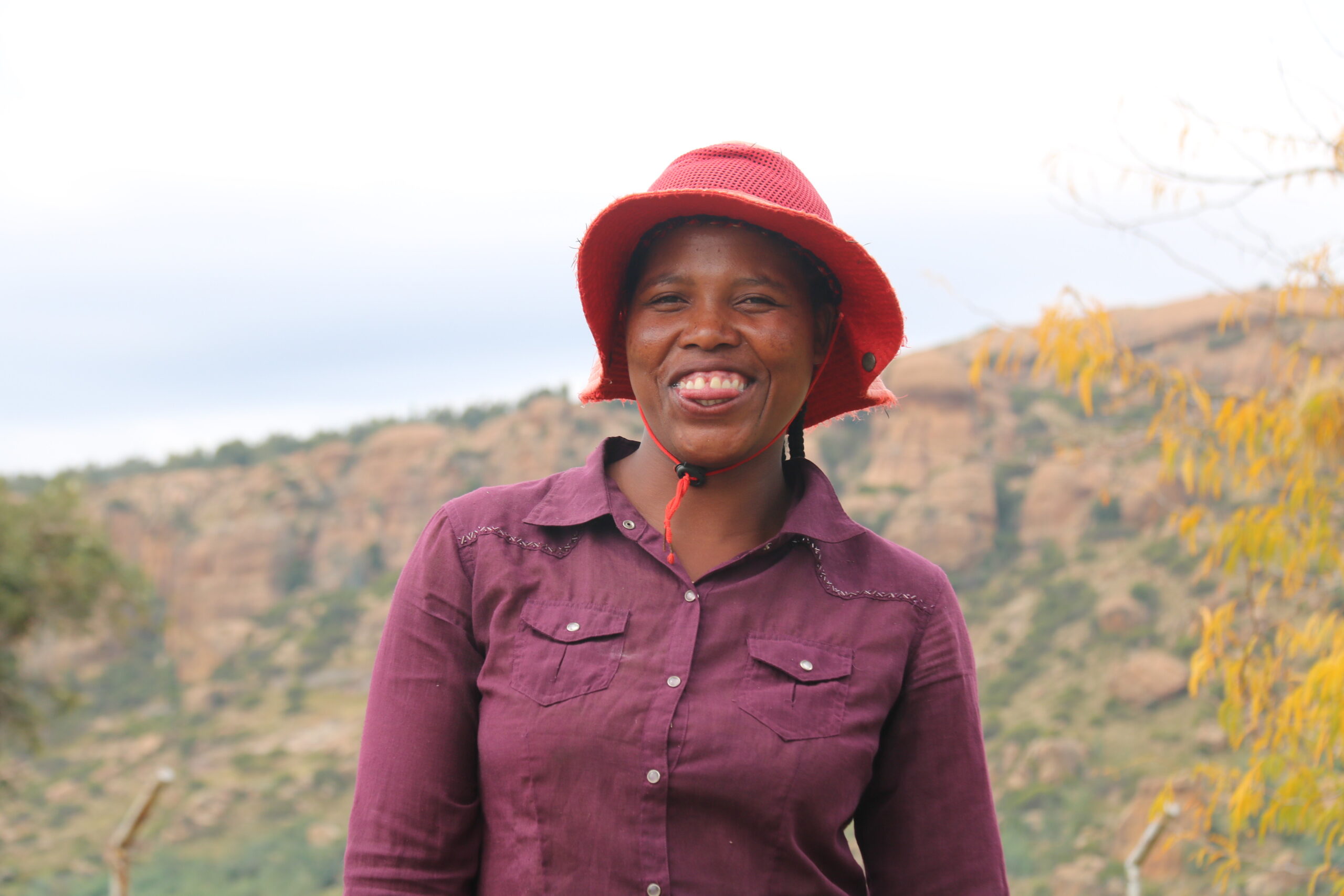Ntsoaki Motaung
Following a two-day community dialogue organized by the Ministry of Health, with support from the United Nations Population Fund (UNFPA), men in Mphaki, Quthing district, committed to supporting adolescent girls and young women in managing their menstrual health and hygiene.
The Ministry of Health selected Mphaki for this dialogue due to the significant challenges facing the community, aiming to provide essential health education and foster open discussions on critical issues.
According to the Sexual and Reproductive Health and Rights (SRHR) Mentor Quthing Hospital Keneuoe Thinyane, the Mphaki community is faced with many challenges including early and unintended pregnancy, gender-based violence and new HIV infections.
Thinyane said for the last quarter of April, May and June Mphaki recorded at least five cases of GBV, 20 cases of teenage pregnancy, five new HIV infections as well a lack of information about menstrual hygiene.
She indicated that menstrual hygiene education is necessary for every woman to avoid health implications which are associated with poor menstrual hygiene.
“Not knowing the proper way or time to use menstrual pads can result in some vaginal diseases or usage of inappropriate materials during menstruation can also result in some diseases,” she said.
On behalf of men who attended the dialogue and the commemoration of the Menstrual Hygiene Day Sthandeke Kofane said for most of his life he has regarded the menstrual hygiene topic to be only discussed between a mother and a daughter.
He said raising a girl child like men is challenging but what challenges most is when the girl child begins their periods and someone has to talk to them about that.
“I have always believed that menstrual health is between a mother and her daughter and I had nothing to contribute to that. However, the dialogue has opened my eyes and I feel I can talk to my daughters about their menstrual health without any shame,” he said.
Kofane therefore pledged that, he would support every girl and child during their menstruations as well as raise awareness amongst community members especially men that there is no shame in menstruation and no girl has to be stigmatized because they are on their period.
Moeketsi Thaele one of the adolescent boys who took part in the dialogue said he pledges to raise awareness amongst his peers.
“I will support girls during their menstruation by also buying them sanitary pads if they need them without mocking them or making them feel like menstruation is a shame,” he said.
Meanwhile, ‘Maseretse Ratia the National Program Analyst in Adolescent and Youth indicated that the reason men think it is difficult for them to talk about menstrual hygiene with their daughters is because there is a gap in terms of warm relationships between girls and fathers.
UNFPA Representative Innocent Modisaotsile said all stakeholders have to ensure that no one is held back because of menstruation and no individual should be disadvantaged in whatever form because of menstruation.
He said there is a need for increased awareness of issues to do with menstrual health as well as fighting issues of stigma.
“So part of the reason why we are here is part of our mandate to ensure that we provide the necessary sensitization of communities to ensure that their sexual well-being is taken care of and also their reproductive health interests are taken care of, including ensuring that when young people experience dimensions, we don’t take them as women, we still appreciate that they are children, that they must be allowed to grow and once they have grown, that’s when they will decide when to have children,” he said.

Your Trusted Source for News and Insights in Lesotho!
At Newsday Media, we are passionate about delivering accurate, timely, and engaging news and multimedia content to our diverse audience. Founded with the vision of revolutionizing the media landscape in Lesotho, we have grown into a leading hybrid media company that blends traditional journalism with innovative digital platforms.









